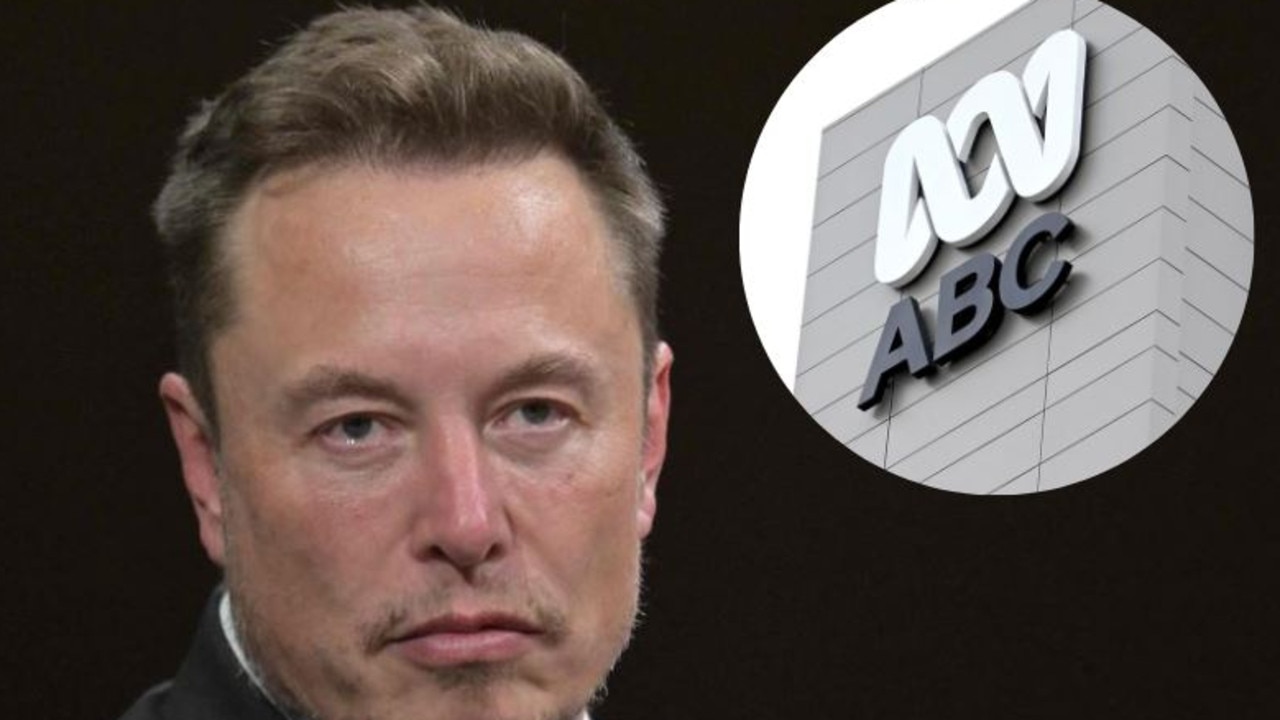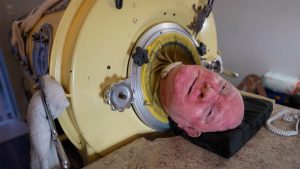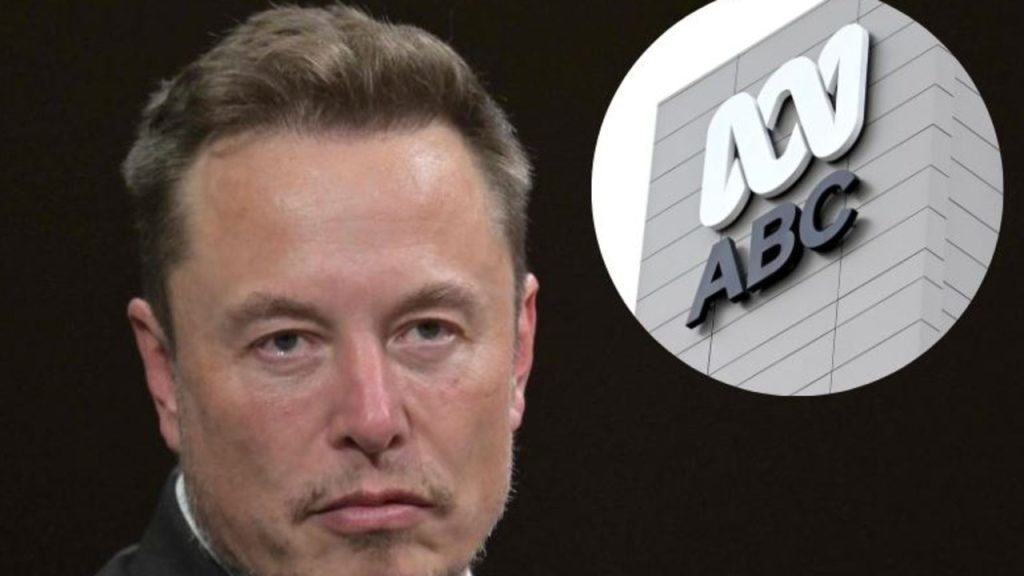
In recent years, Elon Musk has become one of the most disruptive figures in global business—shaking up the automotive industry with Tesla, redefining space exploration with SpaceX, and more recently, stirring up the social media world through his acquisition and rebranding of Twitter into X. But what if Musk took his influence one step further—into the world of mainstream media?
While rumors have swirled online and certain viral headlines have claimed that Musk purchased ABC for a staggering $950 million, no verified evidence supports this. However, the idea alone has sparked imagination and heated debate: what would happen if Elon Musk did take over one of the biggest legacy media networks in America?
Let’s explore this hypothetical scenario and what it could mean for the future of journalism, political discourse, and media transparency.
The Power of “What If”: Imagining Elon Musk at the Helm of ABC
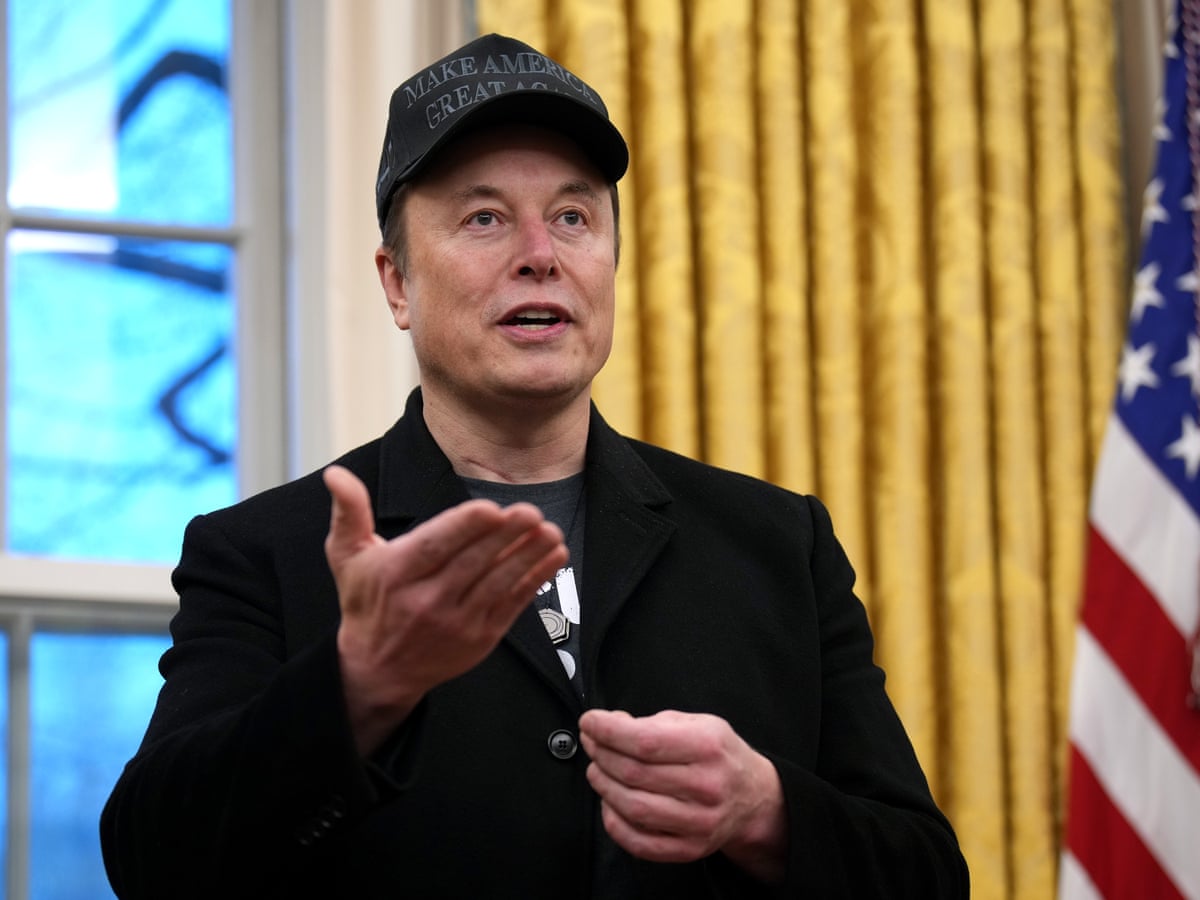
Imagine a media industry where legacy networks are no longer driven by traditional broadcasting norms but instead led by tech titans who thrive on disruption. Elon Musk, with his bold visions and unapologetically controversial approach, would undoubtedly bring seismic changes to ABC’s editorial and operational direction.
One of the first rumored changes in this hypothetical scenario? A radical shift in editorial values—moving away from what Musk has previously criticized as “social consciousness programming.” The term often encompasses diversity initiatives, politically sensitive content, and socially charged narratives—elements Musk has called biased or agenda-driven in the past.
Under Musk’s hypothetical leadership, ABC could pivot towards what he might call “raw, facts-first journalism,” aimed at reducing perceived ideological slants. This vision would potentially appeal to audiences disillusioned by partisan divides in news coverage.
Media Bias, Debate Moderators, and the Future of Public Discourse

In our imagined Musk-owned ABC, another major shift might involve rethinking how political debates are moderated. Over the years, Musk has voiced frustrations over what he perceives as media bias and lack of fairness in political discourse. In a move that aligns with his ideals, Musk might advocate for a complete overhaul of debate formats and even replace long-standing moderators with AI-assisted or independently verified neutral systems.
Would such a change create a more balanced media landscape—or would it raise questions about who defines “neutrality”? That debate would surely dominate headlines and generate passionate reactions from across the political spectrum.
Supporters and Critics: Polarized Reactions Guaranteed
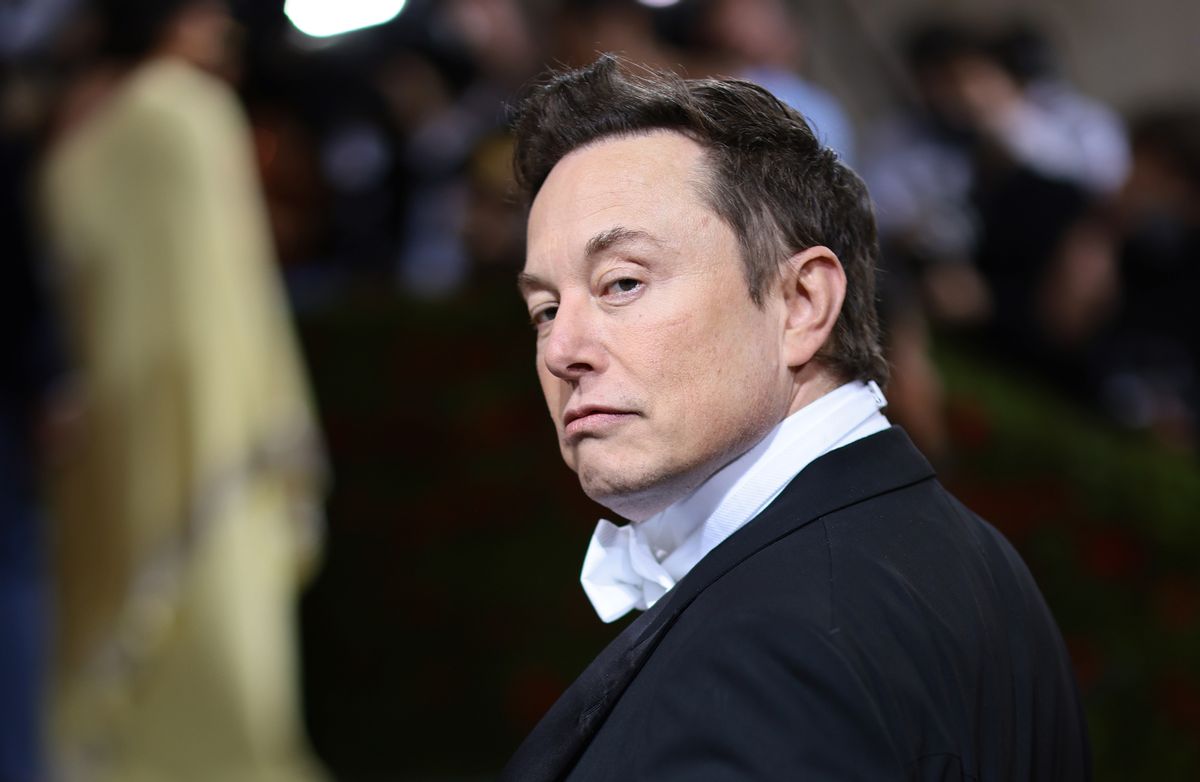
Even in a purely hypothetical scenario, the idea of Musk running a mainstream news network like ABC draws both praise and concern. Supporters might welcome what they see as a much-needed shake-up. “The media needs innovation,” some might argue. “Elon has the track record to bring transparency and fairness back to the forefront.”
On the other hand, critics might see it as a troubling consolidation of power. With Musk already owning X (formerly Twitter) and leading multiple high-impact ventures, adding a major news outlet could give him unparalleled influence over information flow, potentially sparking debates over media monopolies and freedom of expression.
Could Innovation Save Legacy Media?
Traditional news networks like ABC have faced dwindling viewership, aging demographics, and a general sense of detachment from younger audiences. In contrast, Musk has demonstrated a keen ability to attract attention—whether through meme culture, provocative tweets, or innovative business ventures.
If he ever were to lead ABC, his media strategy might revolve around direct audience engagement, decentralized content creation, and perhaps even integrating emerging technologies like AI, blockchain, or interactive programming.
Imagine watching news segments where viewers could fact-check in real time using smart overlays, or vote on which topics deserve deeper investigation. While still speculative, such Musk-inspired features could redefine how people consume media in the digital age.
The Bigger Picture: Why This Scenario Matters
So, why entertain this hypothetical at all? Because it reflects a deeper question facing media today: Who gets to control the narrative in an age where tech and communication are inseparably intertwined?
Musk’s increasing involvement in information platforms—whether through SpaceX’s Starlink internet, his ownership of X, or his investments in AI—suggests a future where traditional boundaries between technology, journalism, and public discourse are dissolving.
A Musk-owned ABC might never happen. But imagining it forces us to confront important realities about transparency, trust, and the evolving role of journalism in shaping democracy.
Final Thoughts: Media, Musk, and the Road Ahead
While the idea of Elon Musk buying ABC remains speculative fiction, it serves as a compelling thought experiment. It underscores the growing tension between legacy media institutions and tech billionaires who challenge their relevance and authority.
As the media landscape continues to shift, one thing is clear: conversations around neutrality, innovation, and ownership will only grow more urgent. Whether or not Musk ever takes a step into traditional broadcasting, the influence of his ideas—and his presence in the broader media ecosystem—is already being felt.
And if the day ever comes when “Elon Musk buys ABC” is not just a viral headline but a verified reality, the world will be watching more closely than ever.
